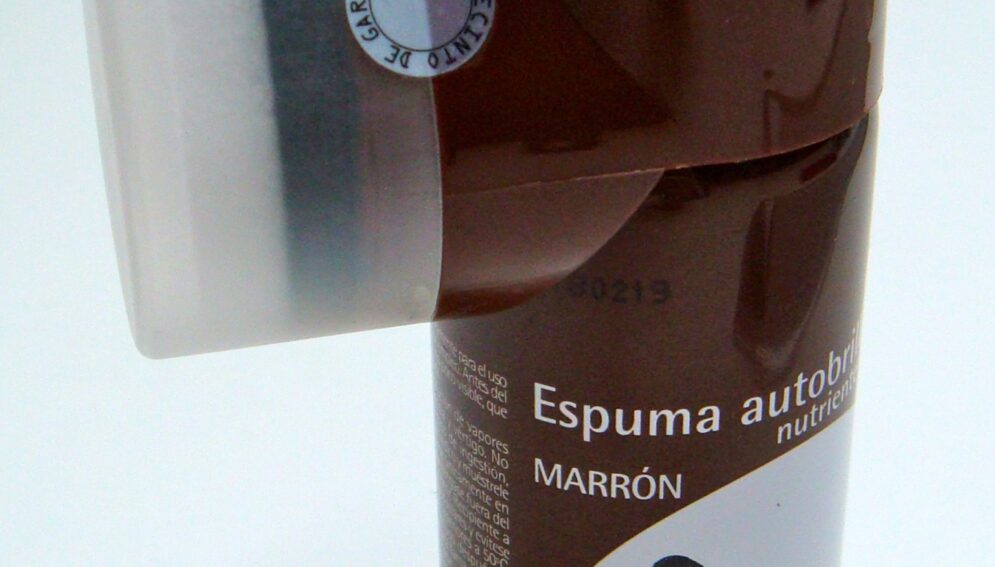ABSTRACT
“Retail brands” -the inaccurately called “private labels”- can be innovative too. In fact, if they align their strategies and collaborate together, products like the Bosque Verde shoe cleanser emerge, which was awarded the Liderpack price for being the most innovative in Spain. The preconceptions that arise when touching on the issue of brands selling to the wider public can lead to errors in decision-making. Those who define a problem badly, have a hard time finding a solution.
__________
On Monday 11th of May 2009, the Liderpack 08 prices, the most famous Spanish recognition for packaging design, were awarded. Two of the finalists were proclaimed by the Jury as the”Best in Show”, and will now represent Spain at the “WorldStar Packaging Awards”. One was Camper, the shoe company, for some window display figures made out of shoeboxes, and the other one was a medium-sized business, Francisco Aragón S.L., for a shoe care product.

Both companies are passionate about their work and about doing it well, and both have very clear ideas about what they want.
I had the opportunity to interview the two General Managers, Francisco Sánchez and Ramón Pradas, shortly after they received their award.
Pradas, of Menshen Iber S.L., rejects requests for low-quality sponge applicators, “because, in the medium-term, the category would be negatively affected by unhappy customers”. This is a good example of something I heard previously from Paco Vilahur, a fantastic professor at ESADE: “strategy is the art of saying no”.
Five years ago, Sánchez, of Francisco Aragón S.L. bought an important stake of the company’s shares. The firm, a producer specialised in plastic closures and packaging systems, works with different product categories (home air fresheners, furniture cleaners, insecticides, etc.) and for many different brands, such as Mayordomo.
Yet producing excellent products is not enough anymore to stay competitive. Sánchez realised that he had to compete with very powerful multinationals and needed about thirty sales representatives just to sell his products, without having any guarantee of success. So he reorganised the sales strategy of his company.
He analysed different retail chains and believed that there was one with which he could align himself in terms of strategy, “because, unlike the rest, they do not just focus on the price”: Mercadona. In 2004 they reached an agreement and began to “brainstorm, develop, manufacture and pack” various Bosque Verde (Green Forest) products, the brand that currently accounts for 90% of its sales.
From 2004 to 2007 their turnover multiplied by 3.5 and their operating profit by 9.8. When they launched their multi-fragrance air freshener, they rapidly captured 40% of the Spanish market share, and this has now been consolidated at around 30%. In 2007, their average payment terms were 114 days.
.
Who gets the credits?
Mercadona asked for one type of shoe cleanser and they came up with a different, an even better one, which has been considered recently the most innovative in Spain.
The “Retail brands”, also called inaccurately “private labels”, can be very innovative too… although sometimes the party stimulating the innovation is the almost-exclusive supplier, similar to Mercadona in this case.
But Mercadona has yet another admirable attribute. As said in previous articles, the company’s main competitive strength is its supplier strategy based on long-term agreements. This is more profitable than buying in a speculative manner, similar to bidders at an auction.
.
Lluis Martinez-Ribes
Source: Distribución Actualidad, the spanish magazine of retailing
(nº 407/408, September 2009)




